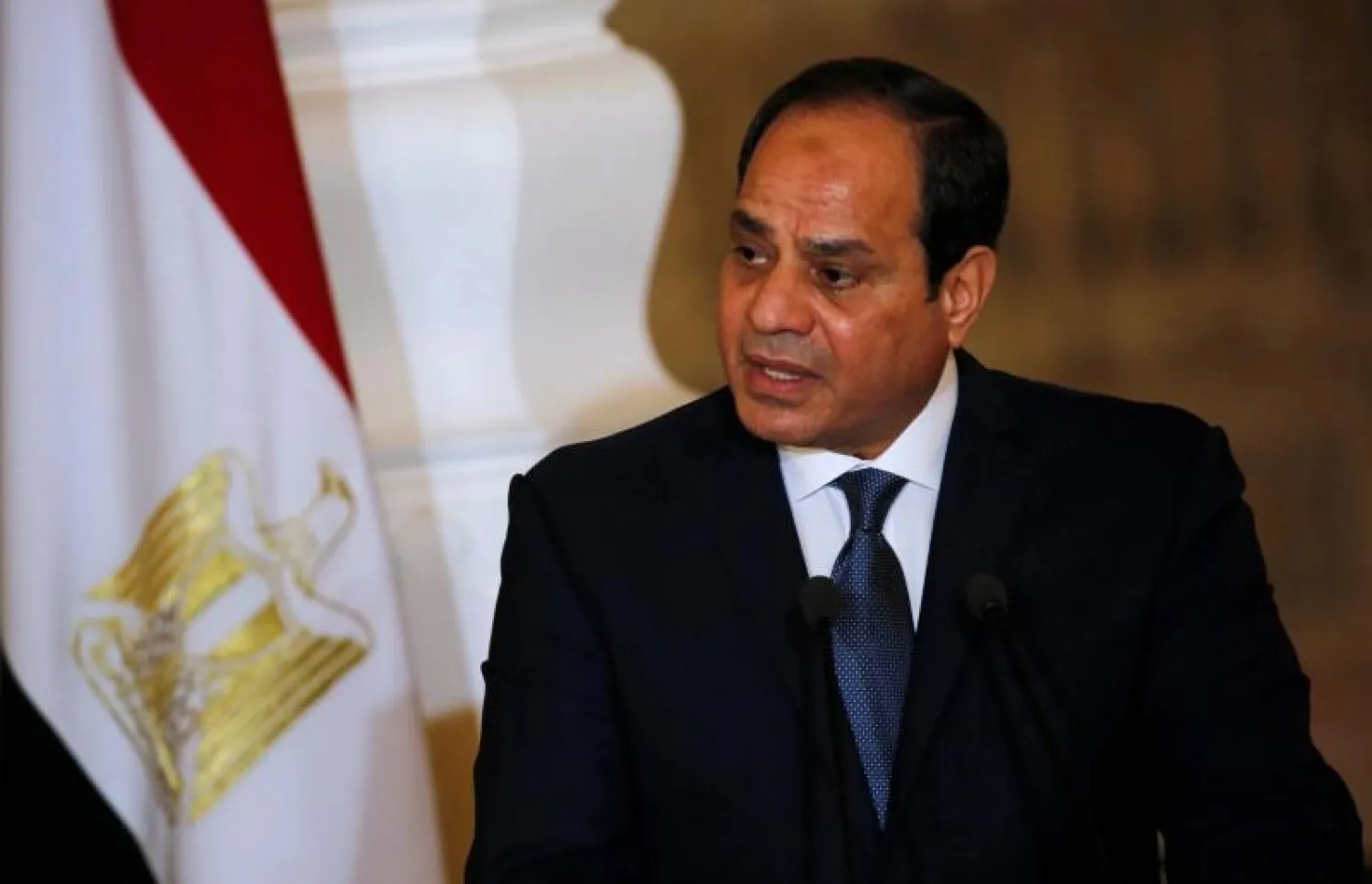Egyptian President Abdel Fattah el-Sisi and Tunisian Prime Minister Youssef Chahed underlined on Sunday the need to intensify efforts to reach a solution to the Libyan crisis that would guarantee the country’s sovereignty.
The two officials also reviewed mechanisms of communication and coordination in all issues, mainly in the fight against terrorism.
Bassam Radi, spokesman for the Egyptian presidency, said that the meeting tackled overall bilateral relations, as the two sides have agreed on the importance of working to develop cooperation, especially in the economic field, and boosting trade exchange.
The meeting also touched on the latest developments in Libya, according to Radi, who added that both Sisi and Chahed have emphasized the necessity to intensify efforts to find a comprehensive solution to the crisis, which would preserve the country’s sovereignty and territorial integrity, as well as safeguarding the capabilities of its people and restoring security and stability.
The Egyptian president’s spokesman stressed the deep and historic ties between his country and Tunisia, which was recently translated in the holding of the meeting of the Joint Egyptian-Tunisian Higher Committee in Cairo last week.
The committee, which is co-chaired by the prime ministers of the two countries concluded its works on Sunday with a firm determination to bolster bilateral ties in all fields, according to Sisi, who highlighted the importance of following up the implementation of the agreements reached during the meetings.
Meanwhile, Tunisian Ambassador in Cairo Najib Munif said that relations between the two countries have witnessed in recent years “a qualitative shift in terms of communication and coordination in all files, especially in the fight against terrorism.”
“Terrorism is one of the key challenges in the region and we must face this scourge, which is rejected by Arab society and the Islamic religion,” Munif stated.
On the outcome of the Egyptian-Tunisian Business Forum, Munif said that the Forum for Investment and Economic Partnership gave full priority to economic cooperation between the two countries in all sectors and fields, including tourism, trade, industry and others.









